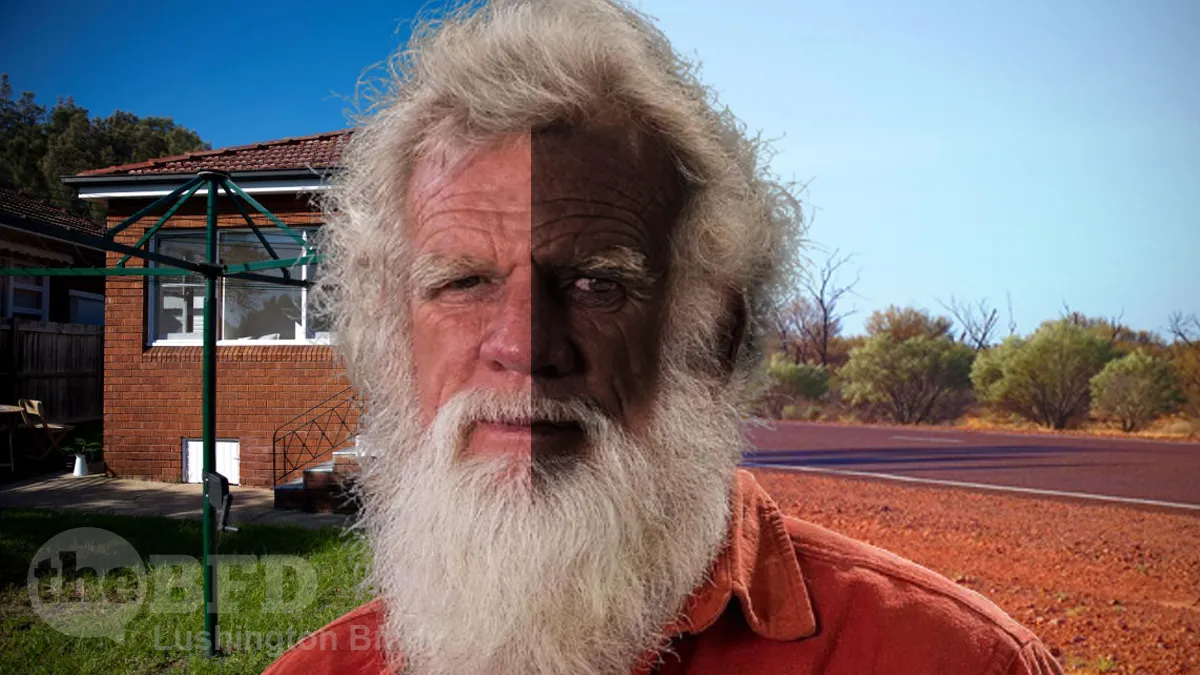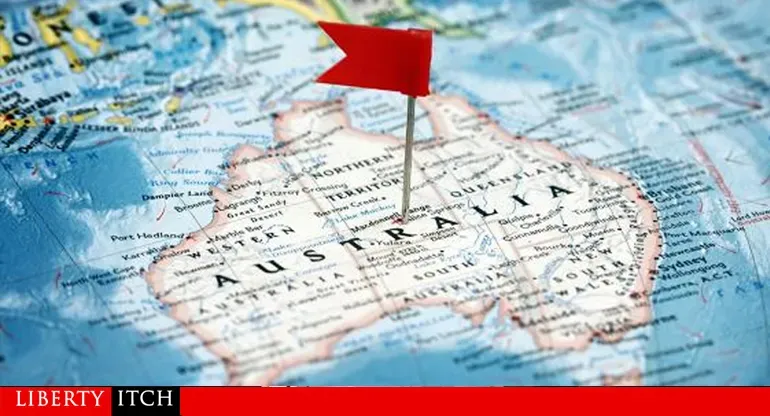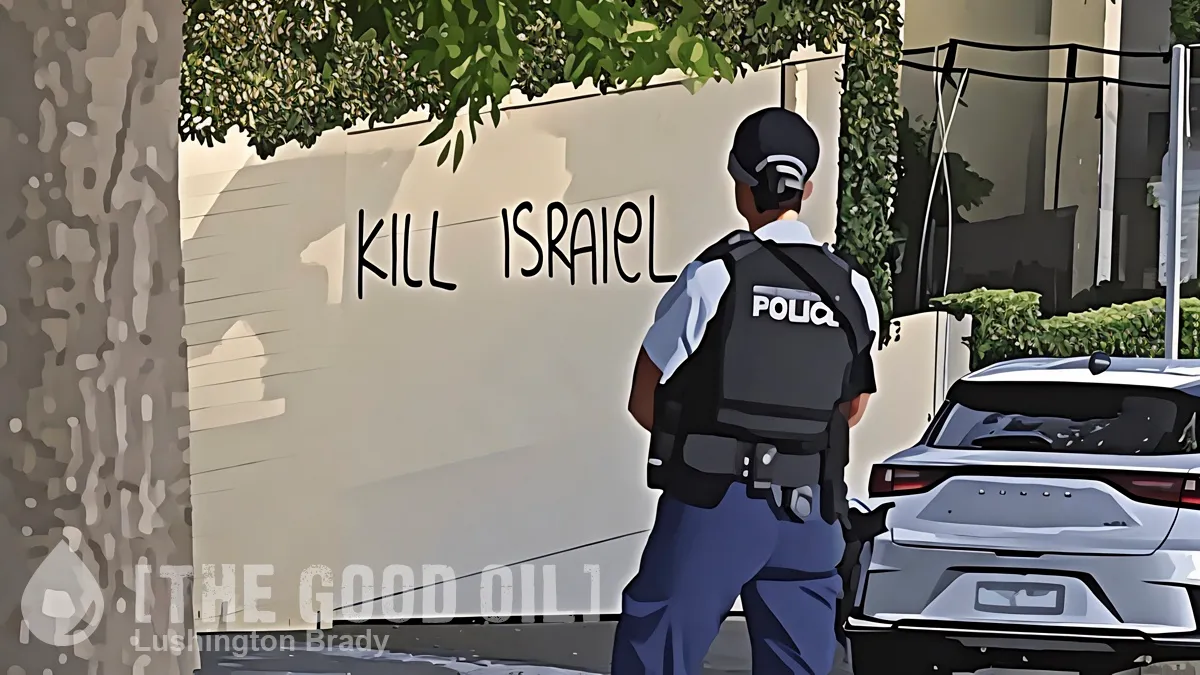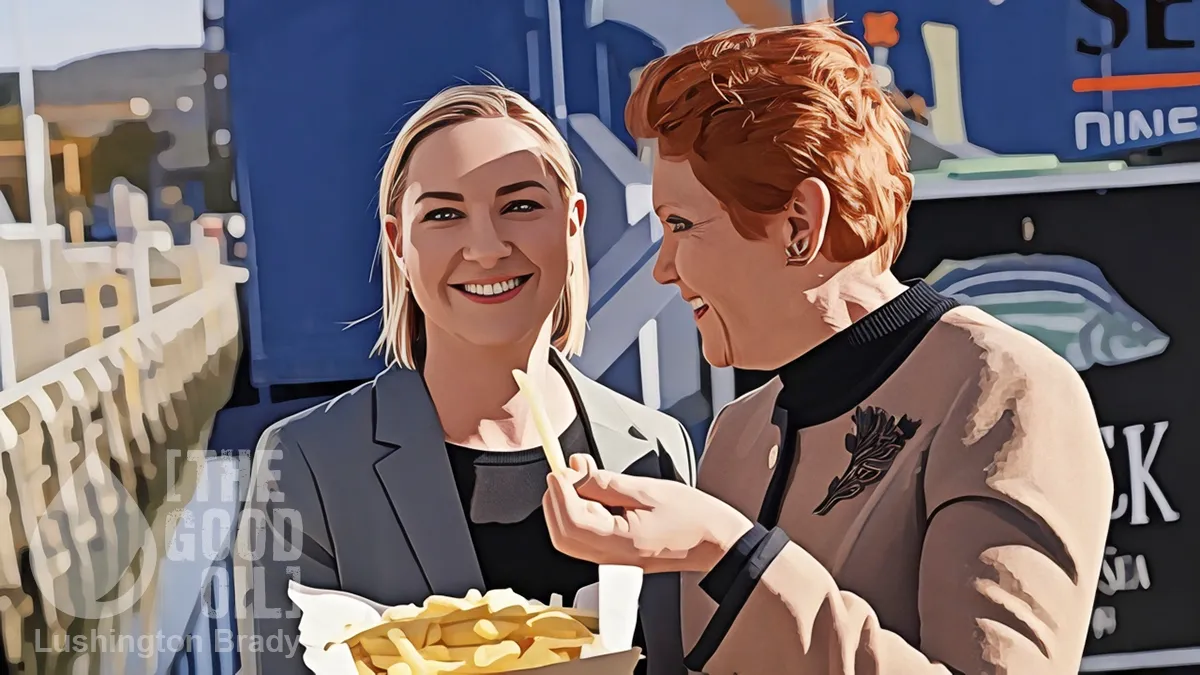Table of Contents
Anthony Albanese seems in an awful rush. Perhaps he senses that his prime ministership hangs by the barest threads. After all, his primary vote at the election was the lowest in 100 years — and the Labor party hasn’t exactly been kind to its own prime ministers, lately.
So he seems to have decided that, since the God of Preferences has given him the prime ministership, “let us enjoy it”. Hence the blizzard of overseas jet-setting, no matter that Australia is in the grip of energy, interest rate, inflation, and flood crises.
Hence also the indecent haste to impose a racial separatism agenda, despite having the least mandate of possibly any government in Australia’s history.
Albanese has announced his determination to rush the so-called “Voice to Parliament” to a referendum, even though no-one has so far been able to define exactly what it will do or how it will work.
Even more fundamentally, no-one can or will say how it will be decided who gets to have a say in this “Voice” at all.
Even before we debate the powers and potential usefulness of a Voice to Parliament, wouldn’t it be reasonable to figure out who might qualify to speak with such a ‘Voice’ and whose voices individually they might represent?
To date, “Voice” proponents have simply hand-waved away questions of identity, or erupted with calculated outrage that anyone dare even ask. Key “Voice” proponents huff at the idea of a “racial register”.
With good reason, I have to say. The idea of classifying Australians by race should be repugnant to any decent person.
Yet, it’s an inescapably necessary condition of inserting a racial “Voice” into the Constitution.
‘The much publicised recent scandal of Bruce Pascoe’s fraudulent claim to be an Aboriginal man, is nothing new or unique. Pascoe’s forbears are all English, mainly from Cornwall, and his genealogy contains no Aboriginal ancestry at all […]
Given the success that bogus Aborigines like Pascoe and (Allen) Appo (of Bundaberg) have long enjoyed there should be little doubt they will continue to do so, especially if the Australian populace is foolish enough to support the new Labor government’s proposed referendum to give Aboriginal people their own platform in our Constitution.’
In fact, Australia already has such a racial register: except it’s so flimsy and open to manipulation that obvious frauds are able to game it to their advantage.
At present, Australian governments accept the three-part definition: (i) be of Aboriginal and Torres Strait Islander descent; (ii) identify as someone of Aboriginal and Torres Strait Islander descent, and (iii) be accepted as such by the community in which he or she lives. But even this test is not foolproof.
Which is putting it mildly. Under this regime, the percentage of Australians identifying as “Aboriginal” has skyrocketed by 25% in just the last five years. Natural births cannot begin to account for it. As Tasmanian Aboriginal activist Michael Mansell grumbled, clearly a lot of whitefellas are ginning up an “Aboriginal” identity for a bit of cultural cachet (not to say government benefits). (Only a cynic, meanwhile, would call it a case of the pot calling the kettle white.)
As a Hungarian-born British migrant to Australia, I am not qualified to enter the identity debate. But who is? The disagreements over identity qualification is enough to torpedo the very idea of such a Voice.
Spectator Australia
Would you even set up a club without establishing some process for defining who is eligible to be a member? You certainly wouldn’t establish a nation without establishing who is a citizen and who is not, and how someone can become one.
Yet, this sort of blind leap in the dark is precisely what we are being told to take, with a “Voice”.
Vote first, ask questions later.








